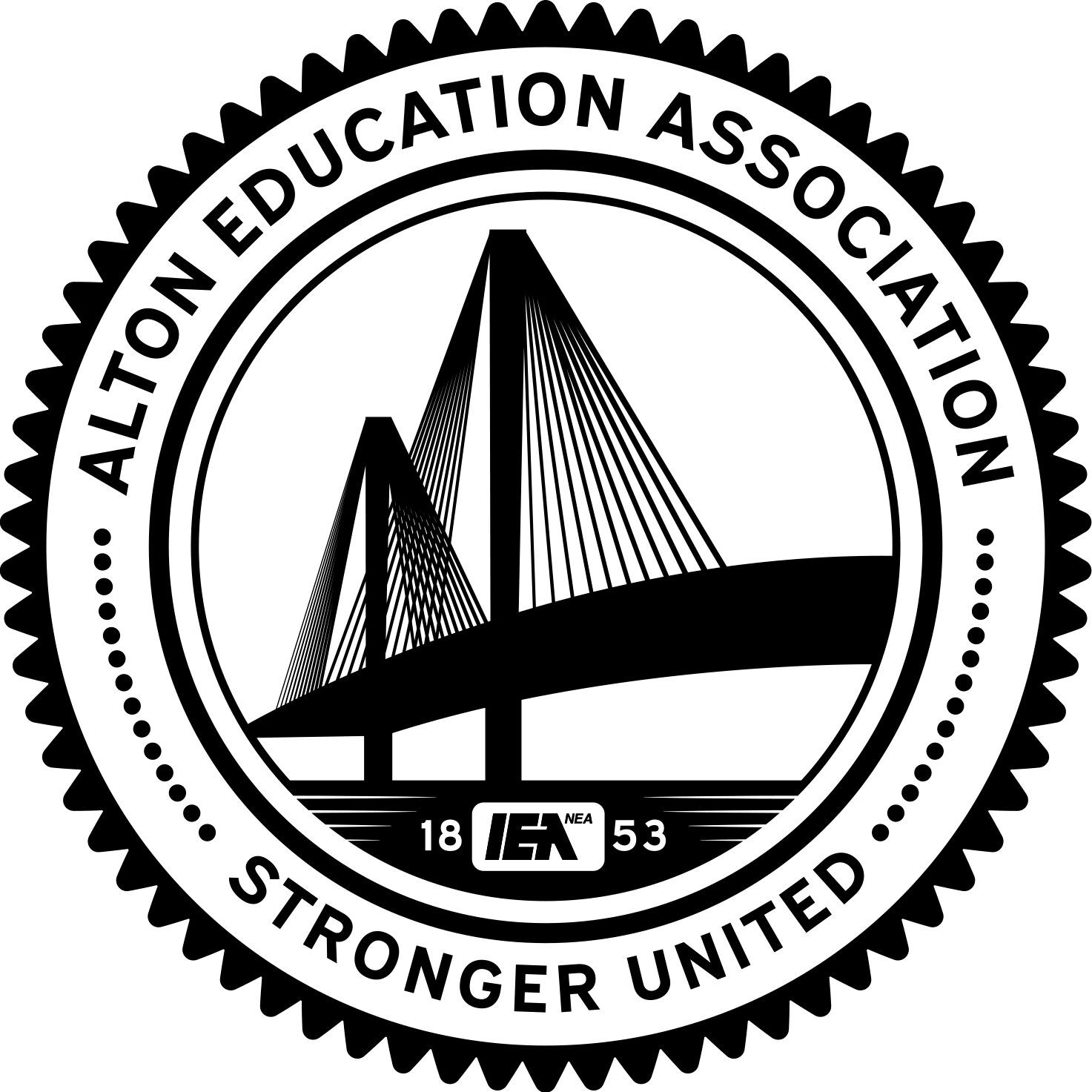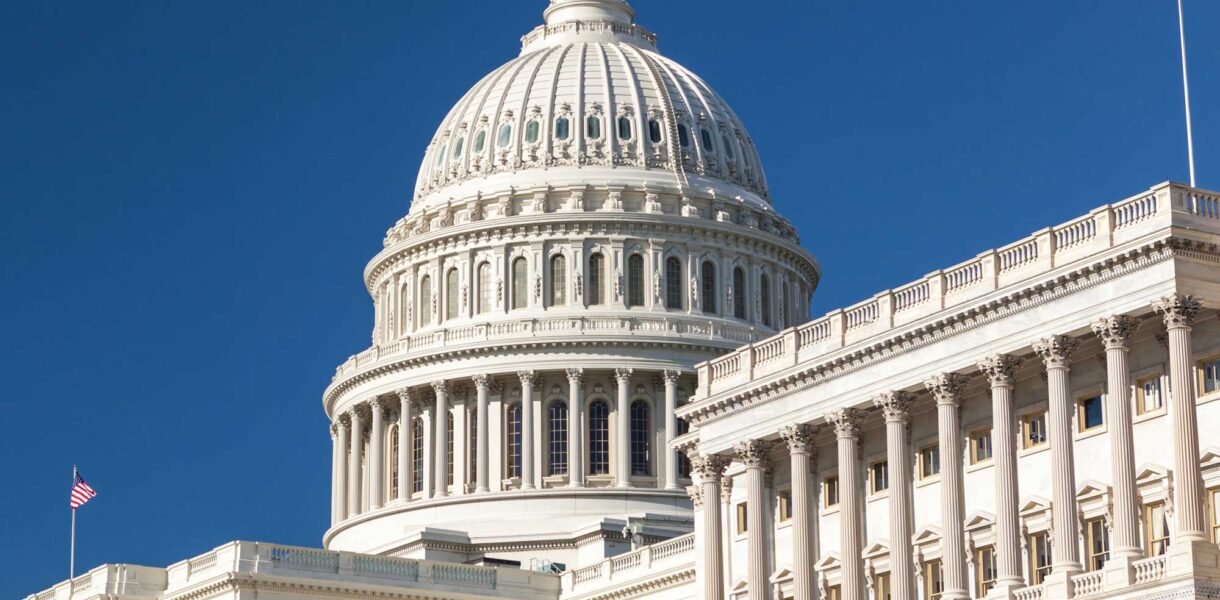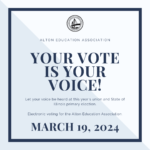The American Rescue Plan Act of 2021 (ARPA) was signed into law by President Biden on March 11, 2021. NEA and other organizations were strong advocates for passage of the law. ARPA contains several health care and employee benefits-related provisions that could offer much needed assistance to NEA members and their families many of whom have suffered medical, employment, and financial hardships as a result of the COVID 19 pandemic.
Among its many provisions, ARPA includes temporary COBRA continuation premium assistance for workers who have lost employer sponsored health care coverage. It also increases Affordable Care Act (ACA) marketplace subsidies, provides an incentive for ACA Medicaid expansion, and increases the income exclusion for dependent care assistance programs.
The Temporary COBRA Subsidy (Subtitle F, Sec. 9501)
ARPA provides a 100 percent premium subsidy for COBRA continuation coverage for “assistance eligible individuals” between April 1, 2021 and September 30, 2021.
Assistance eligible individuals (AEIs) include COBRA qualified beneficiaries–employees and their covered spouses and dependents–who lose (or lost) group health plan coverage due to the employee’s involuntary termination of employment or reduction of work hours and elect or have elected COBRA continuation coverage. Individuals who wouldnot qualify for the COBRA premium subsidy include those who lost coverage due to a voluntary termination of employment, the death of a covered employee or a dependent aging out of the employer plan.
Subsidy-eligible COBRA coverage can include hospital and major medical coverage as well as dental and vision plans. It does not include health flexible spending arrangements (FSAs).
Timeline for the premium assistance. The assistance will be available from April 1, 2021 through Sept. 30, 2021, regardless of whether COBRA coverage began earlier or ends later. The subsidy will end sooner than September for qualified beneficiaries whose maximum COBRA coverage period ends earlier (as measured from the date of the original COBRA qualifying event) or who become eligible for another group health plan (other than excepted benefits such as dental or vision coverage) or Medicare.
AEIs pay no premium. AEIs electing COBRA coverage will pay no portion of the premium during the six-month period. Plans must refund AEIs any COBRA premiums that have already been paid during the six-month period between April 1, 2021 and September 30, 2021. The refund must occur within 60 days from when the premium was paid by the AEI.
Subsidy Payment. Employers that sponsor insured and self-funded group health plans, including non-federal governmental health plans, will receive refundable tax credits equal to the premiums that AEIs would have owed. The credit will be provided by the U.S. Department of the Treasury through a reduction of Medicare payroll taxes. If the credit exceeds that amount of payroll taxes due, the credit would be refundable in an employer’s quarterly tax return. The credit could also be advanced by the Treasury Department.
Switching plans. Employers may (but are not required to) allow AEIs to switch to less-expensive plan coverage other than an option that provides only excepted benefits, a health FSA, or a small employer health reimbursement arrangement.
60 Day Special Election. A new 60-day special election periodis available to AEIs who haven’t exhausted their original 18-month COBRA period and either did not elect COBRA when first eligible or elected COBRA but dropped it before April 1, 2021. COBRA elected during this special period, which runs for 60 days after the date the plan administrator provides AEIs with the new required COBRA notice, will not extend beyond the individual’s normal COBRA continuation period.
Individuals who did not elect COBRA initially. An AEI who did not initially elect COBRA, or who elected but dropped COBRA coverage prior to April 1, may receive the subsidy on a prospective basis, without having to elect and pay for COBRA retroactively for months prior to the subsidy becoming available.
Employers’ COBRA notices. Within 60 days of April 1, 2021, employers’ COBRA continuation notices must include information about the availability of the subsidy and the special 60-day enrollment period for AEIs. Employers and plans may add this information to current COBRA notices or provide it in a separate document accompanying the current notice. ARPA describes specific requirements for these notices and directs the Secretary of the Department of Labor to publish model notices within 30 days of the bill’s enactment. Employers will also have to provide AEIs with a notice of expiration before the premium subsidy expires.
Increased ACA marketplace subsidies for 2021 and 2022. (Subtitle G, Part 7, Sec 9661-3)
The Act fully subsidizes ACA marketplace coverage for individuals earning up to 150 percent of the federal poverty level (FPL) and anyone receiving unemployment insurance in 2021. It also expands subsidy eligibility to individuals earning more than 400 percent of the FPL and caps their premium costs at 8.5 percent of household income. This subsidy expansion will last for taxable years beginning in 2021 or 2022.
Incentive for States to Expand Medicaid. (Subtitle J, Sec. 9814)
ARPA offers states that have not expanded the health care program for low-income people, as allowed under the ACA, a financial incentive to do so.
Dependent Care Assistance Programs (DCAPs) for 2021. (Subtitle G, Part 4, Sec 9661-63)
ARPA increases the income exclusion for employer-provided DCAPs, employee pretax contributions to DCAPs (also referred to as dependent care FSAs), from $5,000 to $10,500 (and from $2,500 to $5,250 for a married individual filing a separate return) for 2021.
ARPA also increased the value of the dependent care tax credit for 2021. The credit is fully refundable, and the maximum credit percentage increases to 50 percent (from 35 percent). The credit percentage gradually phases down to 20 percent for individuals with incomes between $125,000 and $400,000, and further phases down by 1 percentage point for each $2,000 (or fraction thereof) by which an individual’s adjusted gross income exceeds $400,000. The amount of expenses eligible for the credit increases to $8,000 (from $3,000) for one qualifying individual and $16,000 (from $6,000) for two or more qualifying individuals (so the maximum credits would be $4,000 and $8,000).
Further guidance from Treasury will be helpful in clarifying what changes can be made to DCAP elections.




